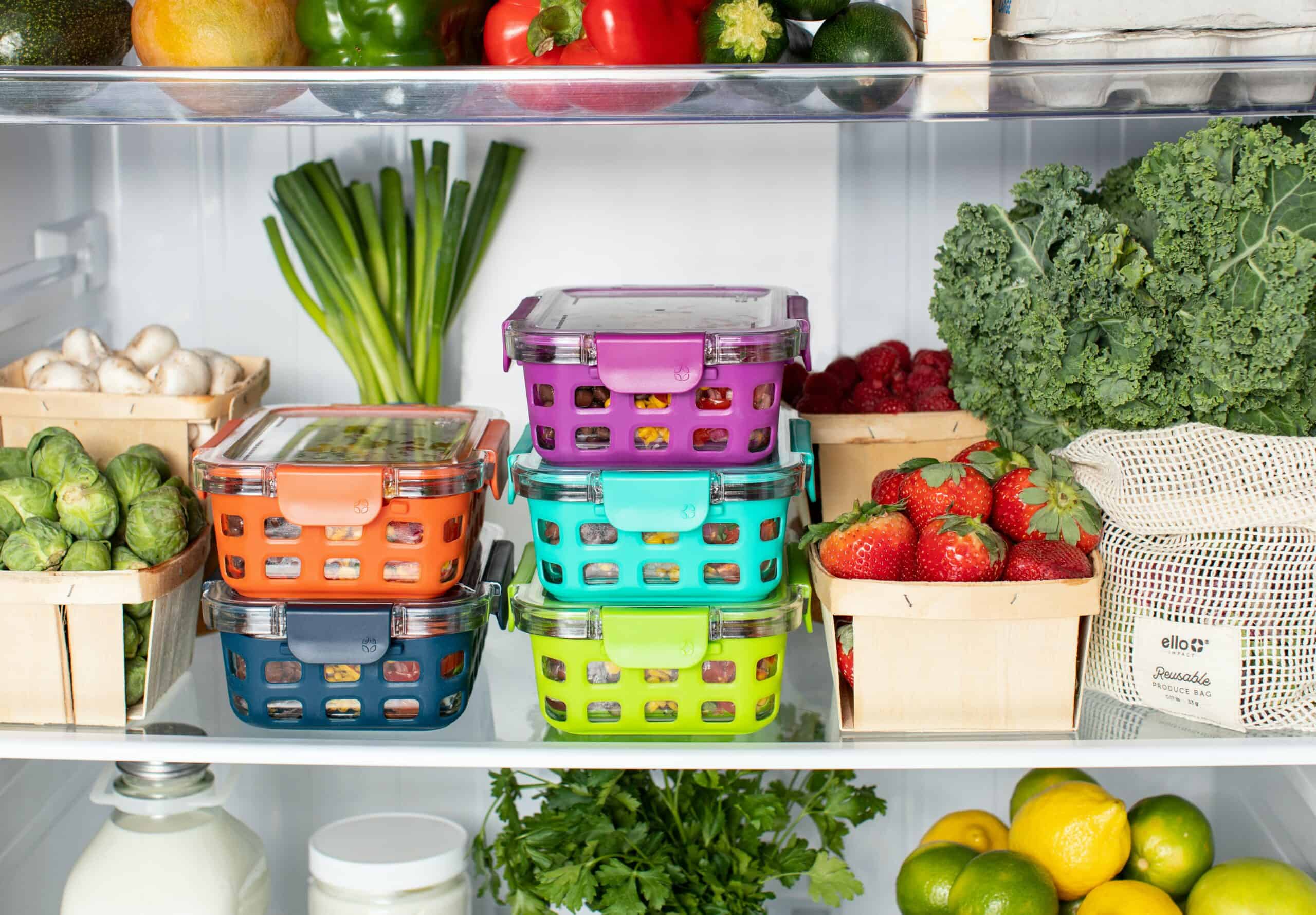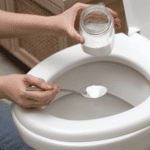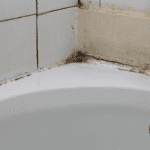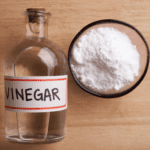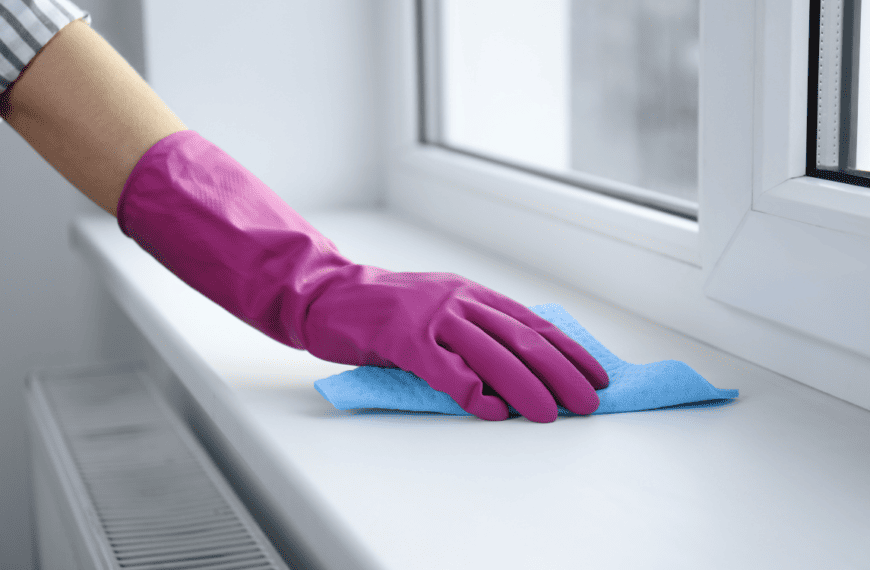Of all the chores we can’t stand, cleaning the fridge has got to be near the top of the list. It’s time-consuming, it’s uncomfortable, and if you’ve been putting it off for a while, it can be quite gross.
When you clean your fridge, you want it to stay clean for as long as possible. That’s why it’s so disheartening when you spend all that time making sure your fridge looks immaculate, only to have it knock you out with a weird smell the next time you poke your head inside. After all that fridge cleaning, what could be making your fridge smell funky?
There are a few potential culprits at play, and to save you from cleaning and re-cleaning your fridge until the end of time, we’ll show you the best way to root out and destroy the smell. Here are the top 3 reasons why your fridge smells bad even after cleaning it and the best products today for eliminating odors without going back to square one.
Reason #1: Your fridge has absorbed the odor
Refrigerator odors come from either bacteria or mold, often from food spoilage or moisture buildup in the wrong places. If a bad smell persists after you clean your fridge, you likely missed some lingering microbes. Cleaning with dish soap will often mask odors but not eliminate them, meaning you may need to revisit the walls after an initial deep clean.
Plastic absorbs odors and holds onto odor-causing bacteria, so you might have to use an antibacterial cleaner if you still get smells coming from the walls. Bleach is the most effective option for killing the source of a funky odor. But because harsh chemicals can break down the plastic fridge lining, this is an excellent time to employ gentler homemade alternatives.
Is it safe to clean a refrigerator with vinegar?
Absolutely! You can start attacking lingering fridge smells with a handy vinegar all-purpose spray, as it’s a mild disinfectant that can help eliminate foul odors on the walls. Fill a spray bottle with equal parts distilled white vinegar and water and spray it on the walls. Let it sit for a few minutes and wipe it down with a clean rag.
Like vinegar, lemon contains a weak acid that can deodorize the inside of the fridge. Citric acid can break down certain bacteria while imparting a pleasant scent. Squeeze the juice from a lemon onto a clean cloth and wipe down the inside of the fridge. For added freshness, put the squeezed lemon pieces on a plate toward the back of the fridge to circulate the scent.
Can hydrogen peroxide eliminate odors?
It can. The one drawback to vinegar and lemon is that they give off scents as well, and in an enclosed space, they linger and circulate for a while. Appliance manufacturers often recommend against using pungent cleaners like these because of their staying power and potential for affecting the food inside the fridge.
If you want an odor-free alternative, try hydrogen peroxide instead. The 3% peroxide in your medicine cabinet is gentle on plastic, safe to handle, and a potent disinfectant that can kill the germs causing those foul fridge smells.
Spray the inside of your refrigerator with hydrogen peroxide. Let it sit for a few minutes before wiping it down.
Does baking soda actually remove odors?
It does. If you don’t feel like clearing out your fridge to wipe down your walls again, you can try tossing a deodorizer in it instead. A box of baking soda works great in this regard, or you can sprinkle a pile onto a plate to bump up the surface area. The baking soda will interact with the acids in the free-floating odor to neutralize them.
Many people feel that coffee grounds work even better than baking soda as an odor eliminator, and you get the bonus of a pleasant coffee aroma. Let the coffee sit on a plate in your fridge to absorb the odors, swapping it out for fresh grounds after a few days if you’re still dealing with a stinky fridge.
No baking soda or coffee grounds? No problem! Here are a few other options to extract those nasty fridge odors:
- Cotton balls soaked in vanilla
- Activated charcoal
- A hollowed-out orange or other citrus fruit filled with salt
- Unscented kitty litter
- Crumpled up newspaper
- A rag soaked in vinegar
Put any of these items on a plate or bowl toward the back of your fridge and let them suck up any unwanted stenches. Replace them every 2-3 days to protect your food and keep your fridge smelling clean.
Can you air out a fridge?
When all else fails, you may indeed need to empty and air out your fridge for a little while. It’s a small, closed-off space, so smells of any kind have nowhere to go. Unplug your fridge, take your food out and store it in a cooler, and leave your fridge door open for 30 minutes to pull the stale air out.
Reason #2: Clogged filters
Many modern refrigerators have an air filter that cleans the circulating air and a water filter for the water in your door dispenser or ice maker. Both of these generally need to be checked and changed once every six months.
If it has been a while since you looked at your filters, check your user’s manual to find the replacement part numbers and instructions for cleaning them. Mold and foul odors can accumulate in these areas, and a refresh could save you from a nasty fridge smell. It’s also a good idea to pitch any ice and clean the ice bucket after replacing an old water filter.
Reason #3: There’s mold in the drip pan
Few people remember the hidden drip pan when they do a refrigerator deep clean. The pan sits under the fridge, catching moisture from the condensate line. Over time, that moisture can create a perfect breeding ground for mold, which will make itself known with foul, musty aromas.
Check your user’s manual for instructions on removing your drip pan. Empty the pan and give it a thorough cleaning with soapy water. Dry it completely before reinstalling it.
Here’s how to prevent fridge smells:
- Check expiration dates often
- Give your food the occasional smell test to make sure it’s still good
- Clean drawers and shelves separately in soapy water
- Use disinfecting cleaners like vinegar or hydrogen peroxide on fridge walls
- Sweep under and behind the refrigerator
- Clean the freezer during every fridge deep cleaning
Where can I schedule a deep kitchen cleaning in my area?
Cleaning a refrigerator takes a lot of effort and energy, and sometimes we don’t have enough time to fit it into our busy schedules. Take a load off your mind by booking a cleaning service with a qualified service provider on the Anita’s platform, and let a trusted professional handle it for you!
It only takes a few seconds to let a cleaner know what kind of deep cleaning you need on your fridge and when you need it. Browse and pick a top local cleaning professional to work on your time and meet your standards. Book your appointment today, and stop letting a stinky fridge keep you from enjoying your kitchen.

